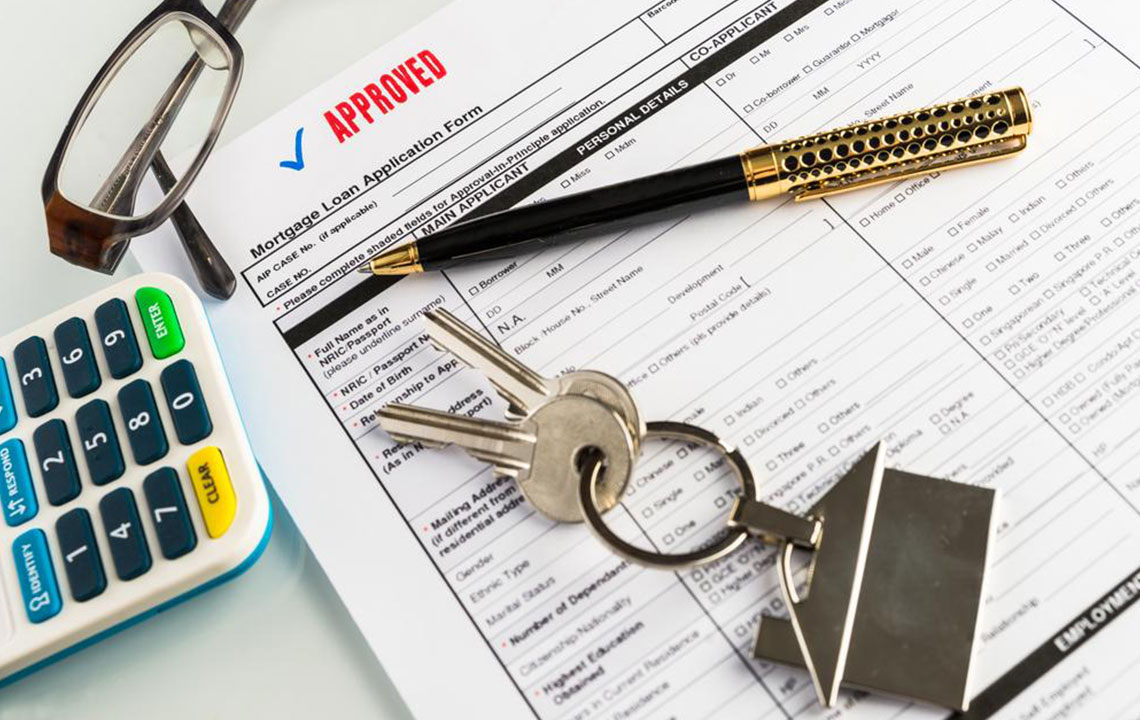Comprehensive Guide to Essential Documents for Mortgage Refinancing
This comprehensive guide provides homeowners with essential documents required for mortgage refinancing. By preparing proof of income, insurance, credit, assets, and property valuation documents in advance, borrowers can significantly streamline their refinancing process. Organized and complete documentation helps expedite approval, especially during periods of high application volume. Understanding the necessary paperwork ensures a smoother experience, better loan terms, and faster processing times. Whether refinancing to reduce rates or access equity, being well-prepared with detailed documents is key to success.

Comprehensive Guide to Essential Documents for Mortgage Refinancing
In today's dynamic real estate market, refinancing your mortgage can be a strategic move to secure better interest rates, reduce monthly payments, or access cash for major expenses. However, the process of refinancing involves a thorough review of your financial situation, which hinges on providing several important documents. Preparing these documents in advance not only streamlines your application process but also significantly reduces the chances of delays caused by missing information or document requests from lenders. Given the recent surge in refinancing requests, lenders are experiencing higher workloads, leading to prolonged processing times. Ensuring that you have a complete and organized packet of paperwork can help you stand out and expedite your approval process.
The documentation required for refinancing is quite similar to what you submitted during your original mortgage application, but it's essential to review and organize everything meticulously. The following is a comprehensive list of the key documents you should gather before initiating your refinance application:
Proof of Income: Your lender will want to verify your ability to make loan payments based on your income sources. Typical proof of income includes:
Recent pay stubs covering the last 30 days, providing evidence of current earnings
Most recent federal tax returns, ideally the last two years, to demonstrate consistent income
W-2 forms from your employer for the past two years
1099 forms if you are self-employed or have freelance income
Proof of Insurance: Ensuring your property is adequately insured is critical. You will need:
Homeowners insurance policy, verifying coverage limits and policy validity
Title insurance policy, which confirms ownership and verifies the property's legal details and tax status
Credit Details: Your creditworthiness is a significant factor in refinancing decisions. Provide:
Recent credit report from a recognized bureau to display your current credit status
Current credit score, which lenders may request directly or obtain from the report
Debt Documentation: While your credit report will reveal most debts, supporting documentation can help clarify your financial obligations. Prepare:
Statements for existing mortgages
Details of any home equity loans or lines of credit
Credit card statements showing balances and payment history
Auto loans, student loans, or other installment loans
Asset Statements: Lenders look at your savings and investments to assess your financial stability. Organize:
Bank statements for checking and savings accounts covering the last few months
Statements for stocks, bonds, mutual funds, and any other investment holdings
Certificates of deposit (CDs) or other fixed-income assets
Retirement account statements such as 401(k)s or IRAs
Records of any additional real estate holdings outside of your primary residence
Property Appraisal: A current valuation of your home is essential to determine its current market value. Typically, a formal appraisal arranged by the lender will suffice, but you may also be required to provide a desktop or drive-by appraisal, depending on the lender’s requirements.
Loan-to-Value (LTV) Assessment: An informal or preliminary evaluation comparing your home’s current value with your outstanding mortgage balance can be part of the process. This helps lenders understand how much equity you hold and assess risk.
To ensure a smooth and efficient refinancing process, it is highly recommended to gather all relevant documents early. Organize them systematically in digital or physical folders, and ensure their readability and accuracy. Having a comprehensive, well-prepared package can make the difference in securing favorable loan terms and avoiding unnecessary delays. Whether you're refinancing to lower your interest rate, consolidate debt, or access cash for personal projects, being proactive with your documentation can save you time, reduce stress, and improve your chances of a successful refinance.





